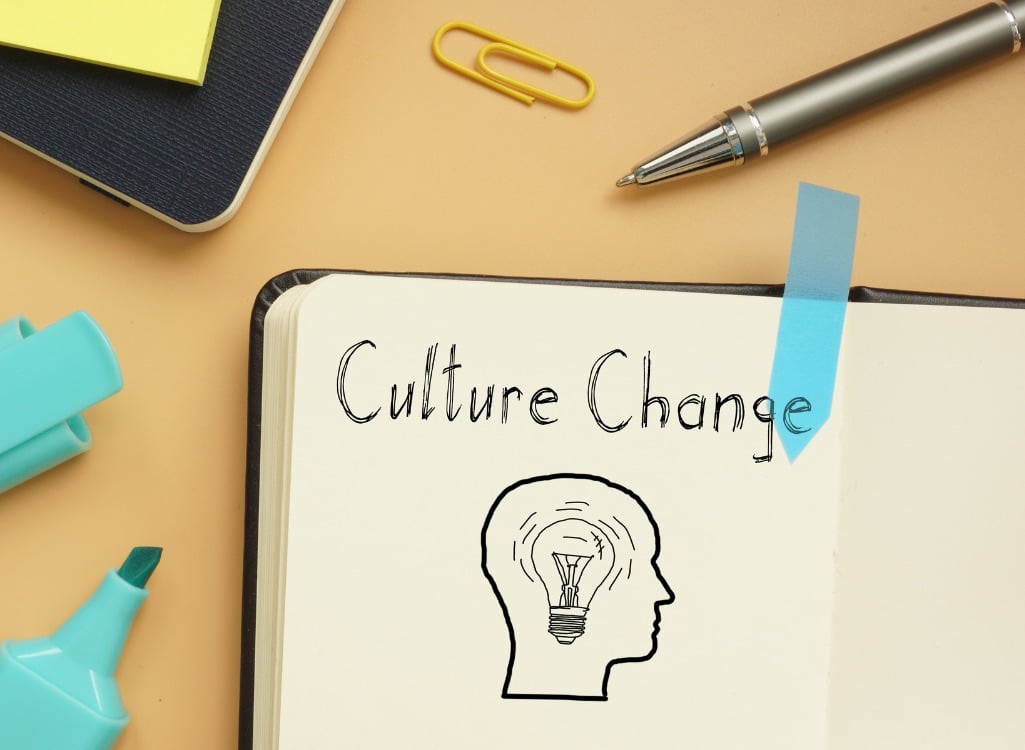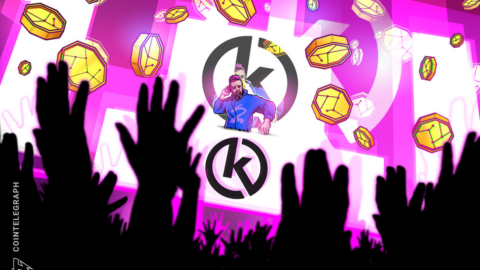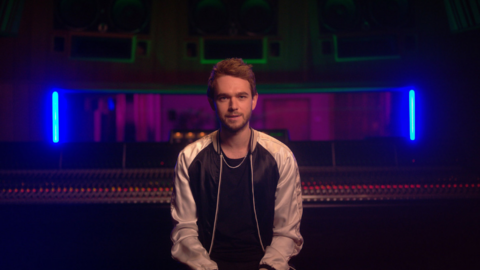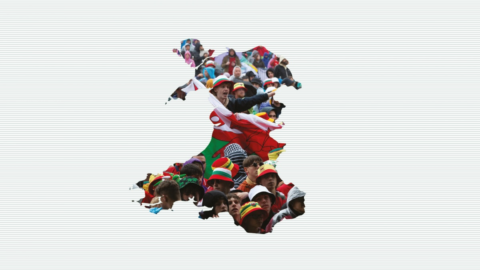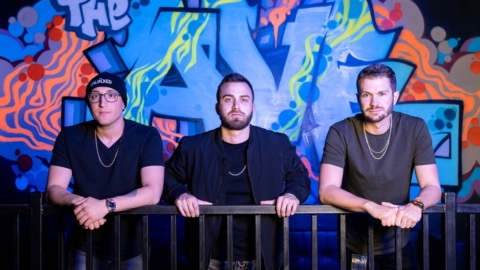Electronic music, with its synthetic beats and digitally-rendered melodies, has played an instrumental role in shaping society and driving cultural change. Its rich history, spanning several decades, is marked by innovation and marked by its unique ability to reflect and drive social and cultural shifts. This article will delve into the evolution of electronic music, explore its influence on social interactions and trends, examine its role in cultural change, and project its future trajectory.
The Evolution of Electronic Music: A Historical Overview
Electronic music has its roots in the early 20th century, with the invention of electronic instruments like the Theremin and Ondes Martenot. However, it wasn’t until the late 1960s and 1970s with the advent of synthesizers and the pioneering work of musicians like Kraftwerk that electronic music began to gain widespread recognition. The 1980s and 1990s saw the explosion of electronic music into the mainstream, with genres like techno, house, and trance dominating dance floors worldwide.
As technology advanced, so did the sounds and styles of electronic music. Artists began to experiment with digital sampling and computer music techniques, leading to the creation of new sub-genres like IDM (Intelligent Dance Music) and glitch. The rise of the Internet in the late 90s and early 2000s enabled artists to share their music more widely, leading to a massive increase in the global popularity of electronic music.
The turn of the millennium saw the ascendency of electronic music as an unstoppable force in the music industry. The advent of software like Ableton Live enabled even amateur musicians to create professional-sounding tracks, leading to an explosion of DIY electronic music. EDM (Electronic Dance Music) became a cultural phenomenon, with festivals like Tomorrowland and Ultra Music Festival attracting millions of attendees worldwide.
How Electronic Music Shapes Social Interactions and Trends
From underground raves to global festivals, electronic music has always been more than just a genre—it’s a social movement. The culture surrounding electronic music has shaped social interactions and trends in profound ways. Clubs and music festivals serve as spaces where people of all backgrounds can come together to enjoy music and dance, fostering a sense of community and belonging.
Electronic music has also influenced fashion, with styles like techno minimalism and EDM neon becoming iconic looks. Social media platforms, particularly Instagram and TikTok, have amplified the influence of electronic music on fashion trends. Through these platforms, DJs and producers have become influencers and trendsetters, further intertwining the worlds of music, fashion, and social media.
The immersive nature of electronic music has also fostered the growth of virtual reality experiences and music festivals. With the COVID-19 pandemic forcing the closure of clubs and music festivals, many artists and organizations have turned to digital platforms to continue engaging with fans. Virtual music festivals like Tomorrowland Around the World and Marshmello’s Fortnite concert demonstrate the increasing crossover between electronic music and digital technology.
The Role of Electronic Music in Driving Cultural Change
Electronic music has played a crucial role in driving cultural change. By pushing the boundaries of what is considered music, electronic artists have challenged conventional notions of musicality and creativity. This has democratized music production, allowing anyone with a computer to create and share music.
Electronic music has also provided a platform for marginalized voices. Many sub-genres of electronic music, like house and techno, were born in predominantly Black and LGBTQ+ communities. These genres have since become integral parts of global music culture, contributing to wider conversations about diversity and inclusion in the music industry.
Moreover, the global nature of electronic music has fostered cultural exchange and understanding. Electronic music festivals attract attendees from around the world, creating a global community of music lovers. This has led to the creation of unique subcultures and fusion genres, reflecting the increasingly multicultural nature of society.
The Future of Electronic Music: Predictions and Implications
The future of electronic music is likely to continue the trend of innovation and integration. With advancements in technology, we can expect new forms of music and music-making to emerge. The rise of AI in music production, for example, could lead to fascinating developments in the electronic music scene.
The growth of virtual reality and augmented reality technology also presents exciting possibilities for the future of electronic music. We may see increasingly immersive music experiences, blurring the line between the physical and digital worlds. Virtual music festivals may become the norm, providing new opportunities for artists to reach and engage with fans.
The future of electronic music also holds implications for issues like diversity and inclusivity in the industry. As electronic music continues to evolve, it will be crucial to ensure that it remains a platform for marginalized voices. This will require active efforts from artists, industry leaders, and fans to challenge bias and discrimination and to promote diverse representation in the electronic music scene.
Indeed, electronic music has and continues to shape society and drive cultural change. Its evolution reflects the advancement of technology, while its influence on social interactions and trends reflects its deep-rooted cultural resonance. As we look to the future of electronic music, the potential for innovation, integration, and inclusivity is immense. As a platform for expression, a driver of cultural change, and a mirror to society, electronic music will undoubtedly continue to play a vital role in shaping our collective cultural landscape.


